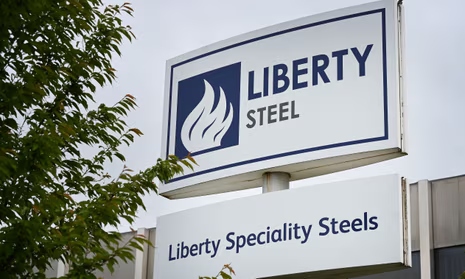
UK Manufacturers Receive Surplus Carbon Allowances for Inactive Plants, Raising Concerns Over Net Zero Policy
Posted 23/10/2023 12:24
Several prominent UK manufacturers were granted substantial amounts of free carbon emission allowances for factories that were either shuttered or operating at reduced capacity. The approvals of these surplus credits shed light on the loopholes within the British net zero framework.
The government allocated nearly £46 million in surplus carbon credits to CF Fertilisers, Ineos, and Liberty Steel for facilities that were either permanently closed or significantly scaled back. This revelation, based on government-published data, has prompted questions about the management of the UK's carbon market, where companies can leverage surplus credits for financial gain.
Under the UK's Emissions Trading System, manufacturing companies are awarded carbon credits to offset their emissions on a per-site basis. The awards are determined based on production levels over the previous two years, allowing inactive factories to accumulate excess allowances. Notably, surplus allowances are not reclaimed if a site remains inactive or is permanently closed.
The Department for Energy Security and Net Zero announced a review of the allocation of free allowances to ensure the system's robustness and support for UK businesses during the transition to net zero. However, the current setup has drawn criticism for rewarding companies that shut down plants, potentially leading to job losses, without any significant environmental benefit.
CF Fertilisers, Ineos, and Liberty Steel, the companies in question, have received surplus allowances for their inactive or closed sites, raising concerns about the effectiveness of the carbon trading system in encouraging sustainable practices. The carbon market's design, intended to promote cleaner operations, has inadvertently resulted in financial windfalls for companies that have ceased production.
While these allowances can be utilized in theory if production is eventually restored, there is no obligation for companies to return the excess credits if the site is permanently shut down. Environmental advocates and policy experts have urged the government to close this loophole to ensure that the carbon trading system truly incentivizes businesses to pursue sustainable practices.








